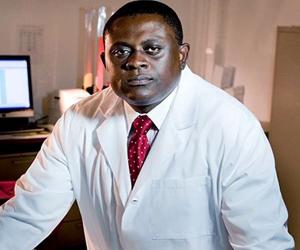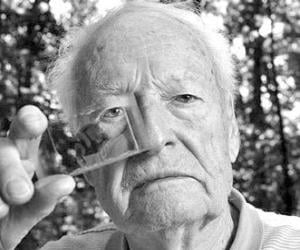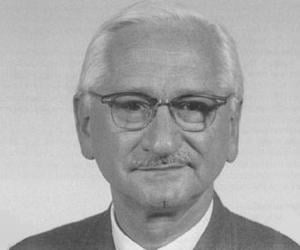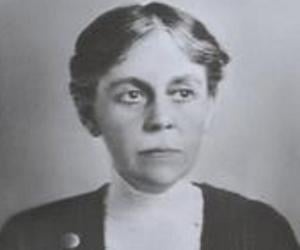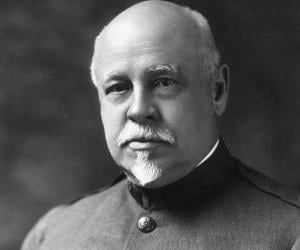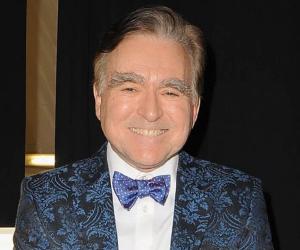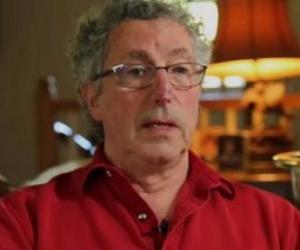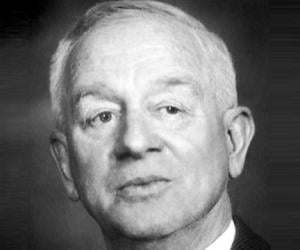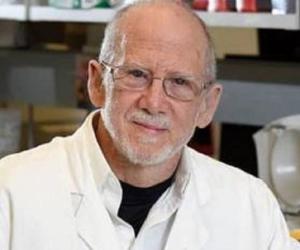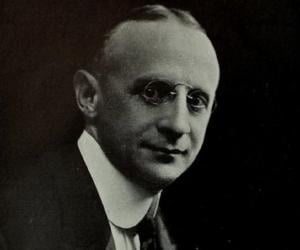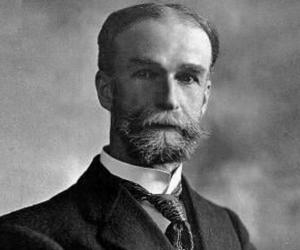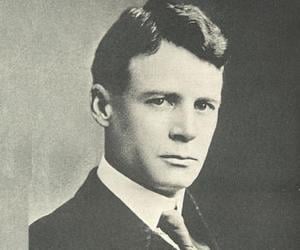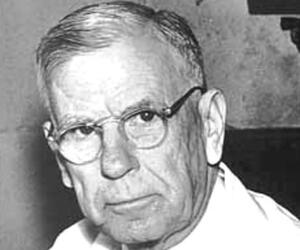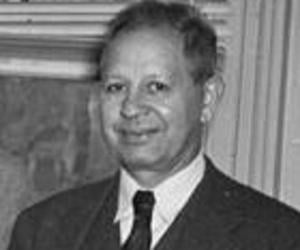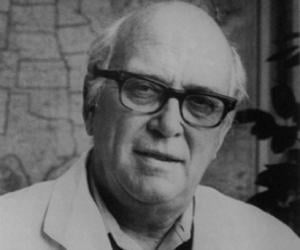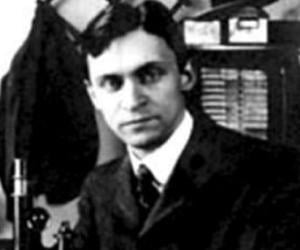1
Bennet Omalu
(Forensic Pathologist Known for His Research in ‘Chronic Traumatic Encephalopathy’ in American Football Players)
Birthdate: September 30, 1968
Sun Sign: Libra
Birthplace: Idemili South, Nigeria
Dr. Bennet Omalu is a renowned Nigerian-American physician, forensic pathologist, and neuropathologist. He gained widespread recognition for his groundbreaking discovery of chronic traumatic encephalopathy (CTE) in American football players, achieved while working at the Allegheny County coroner's office in Pittsburgh. He later served as the chief medical examiner for San Joaquin County, California, and currently holds a professorship at the University of California, Davis, in the department of medical pathology and laboratory medicine. Additionally, he is the president and medical director of Bennet Omalu Pathology.
